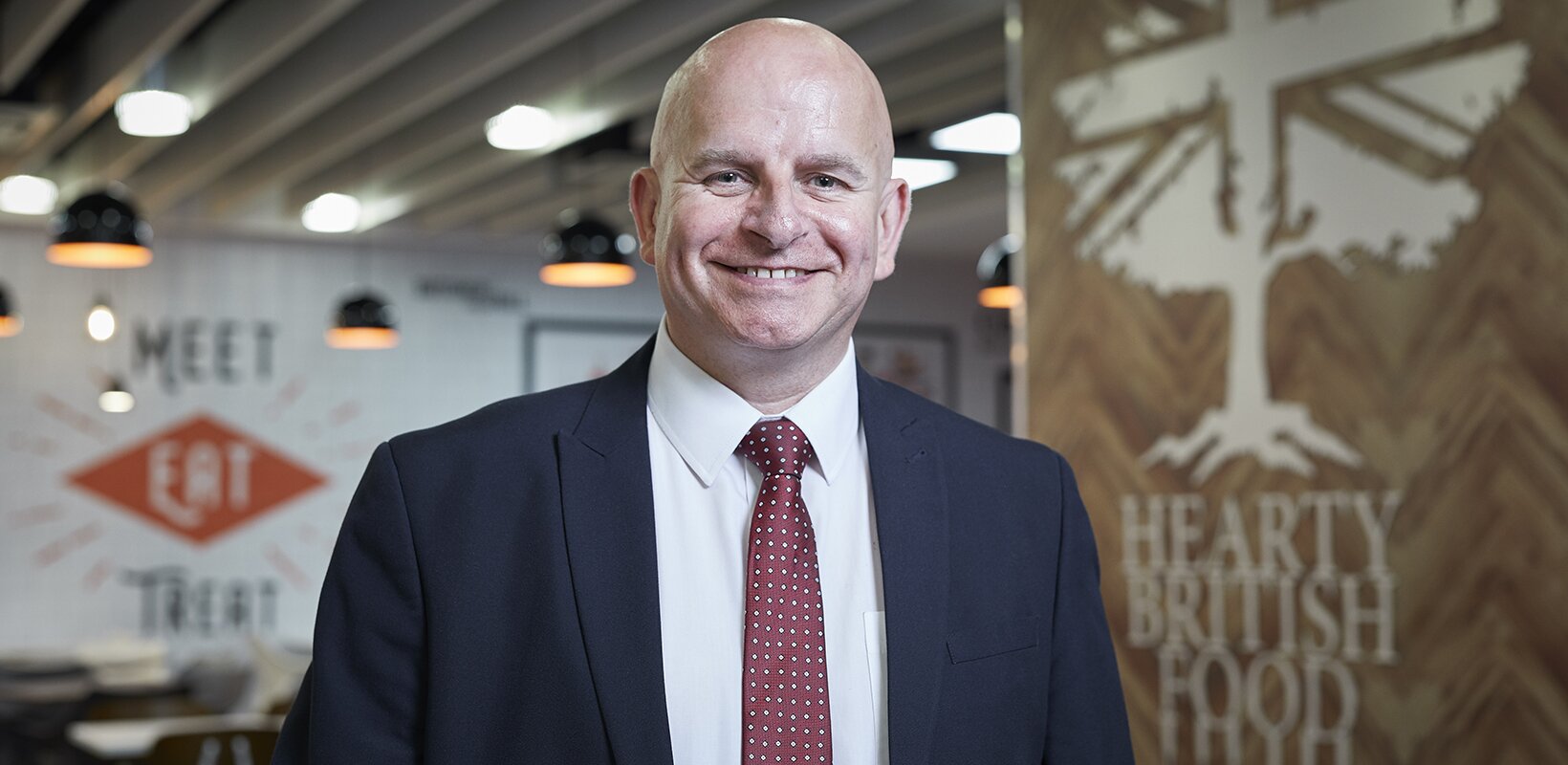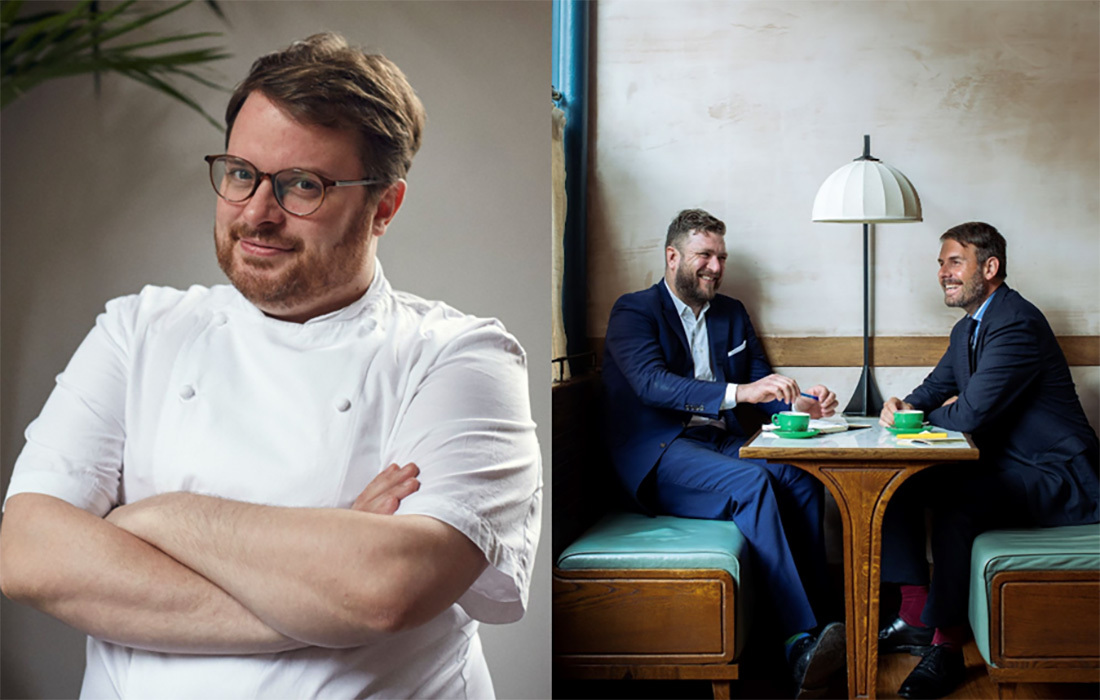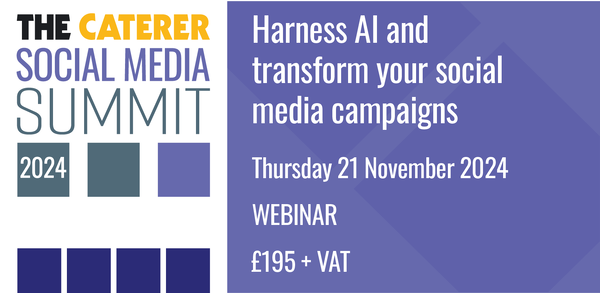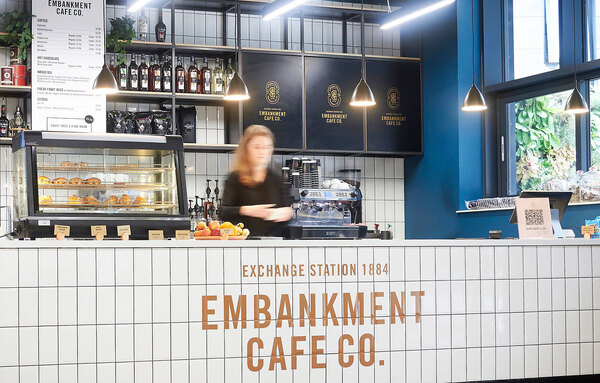Viewpoint: AI can help hospitality think differently
From sweeping changes in food waste to personalised single menus, there’s potential to be found in artificial intelligence, says Paul Bate
A rtificial intelligence (AI) holds immense potential in the catering industry, and that will only grow in the coming years. By analysing customer preferences, dietary restrictions and trending flavours to inform menu design, AI can enhance personalisation, streamline operations and create a more tailored dining experience, ultimately providing better catering solutions to the diverse and evolving audiences that visit our venues.
As a catering business committed to making a positive impact on the environment, we have already eagerly embraced the potential of AI in revolutionising our waste management practices. We were the first catering company in the events sector to introduce an AI waste management tool, Winnow, to our operations.
Through the implementation of intelligent sensors and automated systems, we can accurately track and analyse waste streams using the technology. By gaining deeper insights into our waste patterns, we can identify areas of improvement and implement data-driven strategies to minimise waste generation.
We use the reporting to pinpoint waste and provide chefs with the insight to reduce overproduction and wastage. Since Winnow was introduced at the ICC in Birmingham, food waste at the venue has been reduced by a third. More than 20 tonnes of food waste have been saved, the equivalent of more than 51,000 meals.
By looking to technology and AI to support our processes, we save valuable time, resource, stock and labour costs. Embracing AI in waste management is not just a smart business move – it is a powerful way to contribute to a more sustainable future.
The future of AI in catering holds immense potential for transforming the industry in numerous ways. We see a future of personalised menus, whereby algorithms can analyse vast amounts of customer data and produce a specific menu based on their history, preferences and dietary requirements. AI will go even further with advanced menu planning, by analysing factors such as ingredient availability, seasonal variations, calorific content and customer preferences to suggest optimal menu combinations.
Commercially there are lots of potential gains from AI, too. From the automation of various operational tasks, such as food prep, inventory managements and order tracking to detailed analysis of market trends, competitors and behaviours to develop dynamic pricing models, early adopters of AI in our sector will be the first to see significant efficiency and productivity gains as a result of addressing challenges differently.
Paul Bate is food and beverage director at NEC Group

















